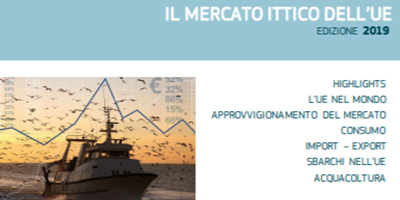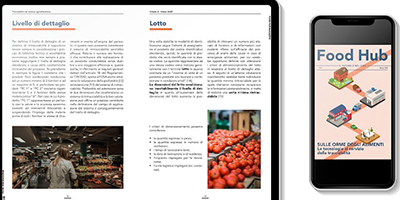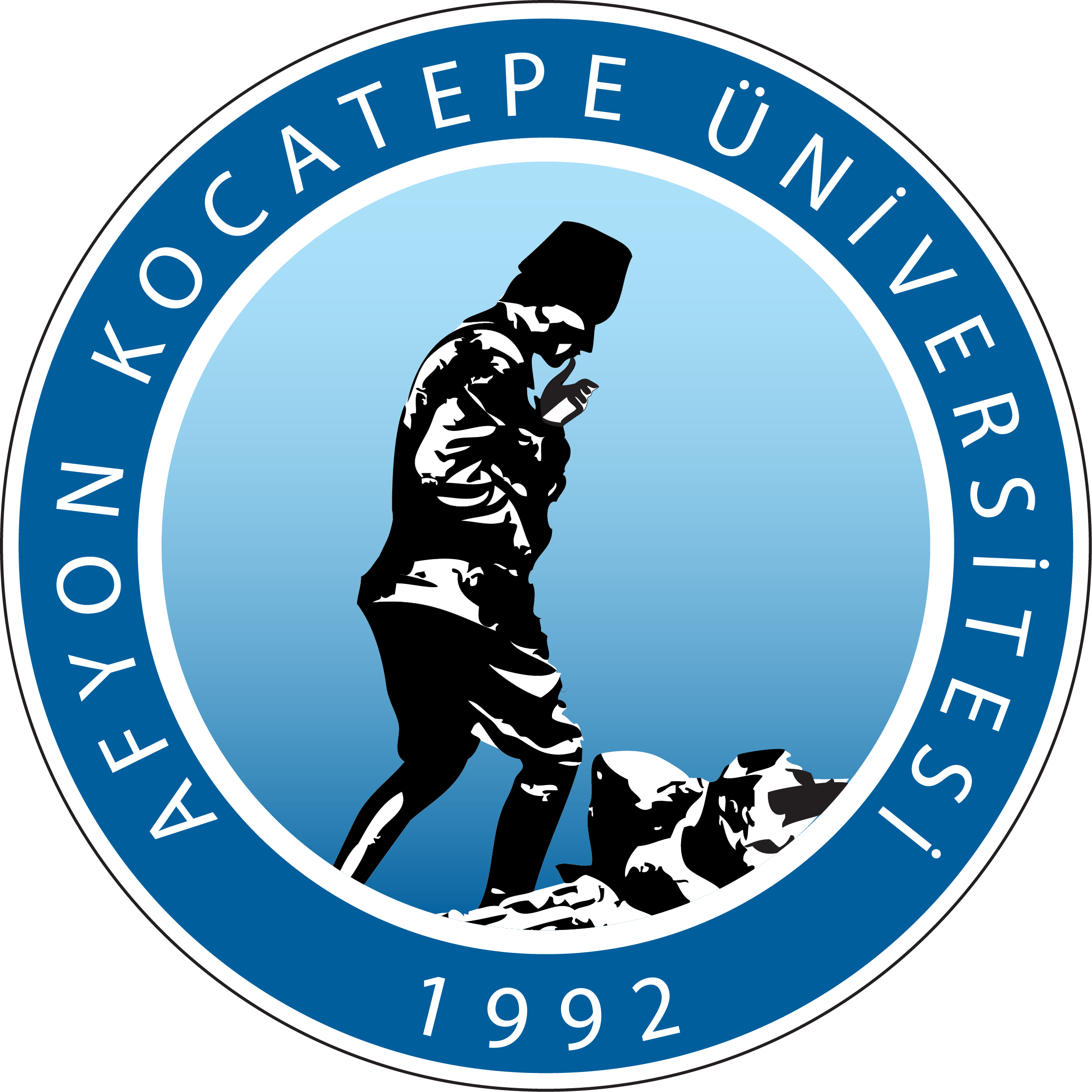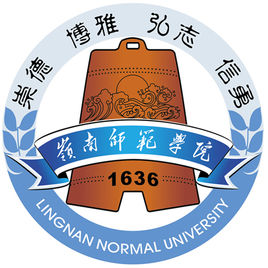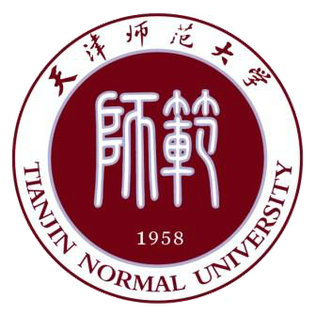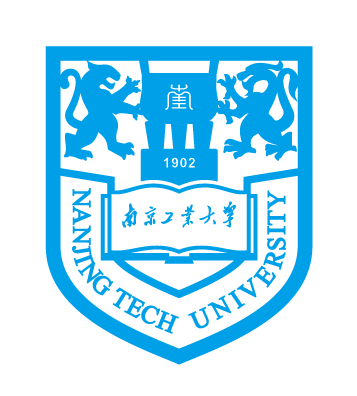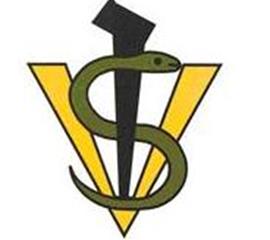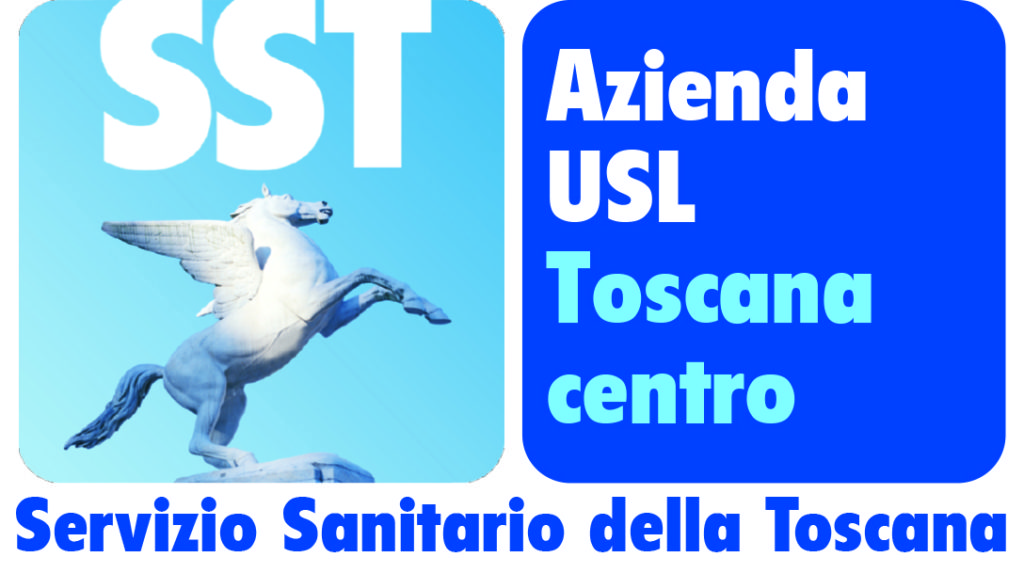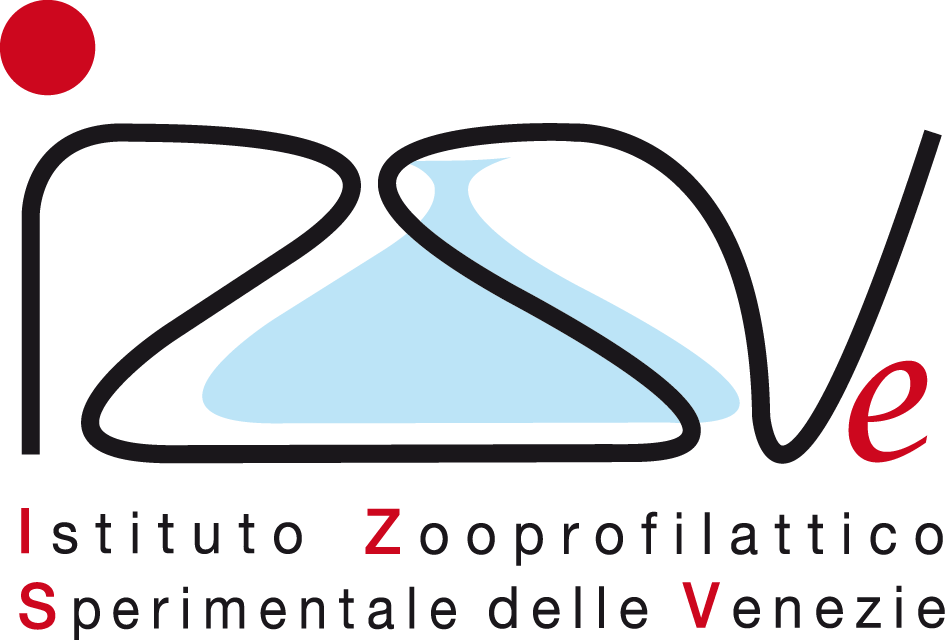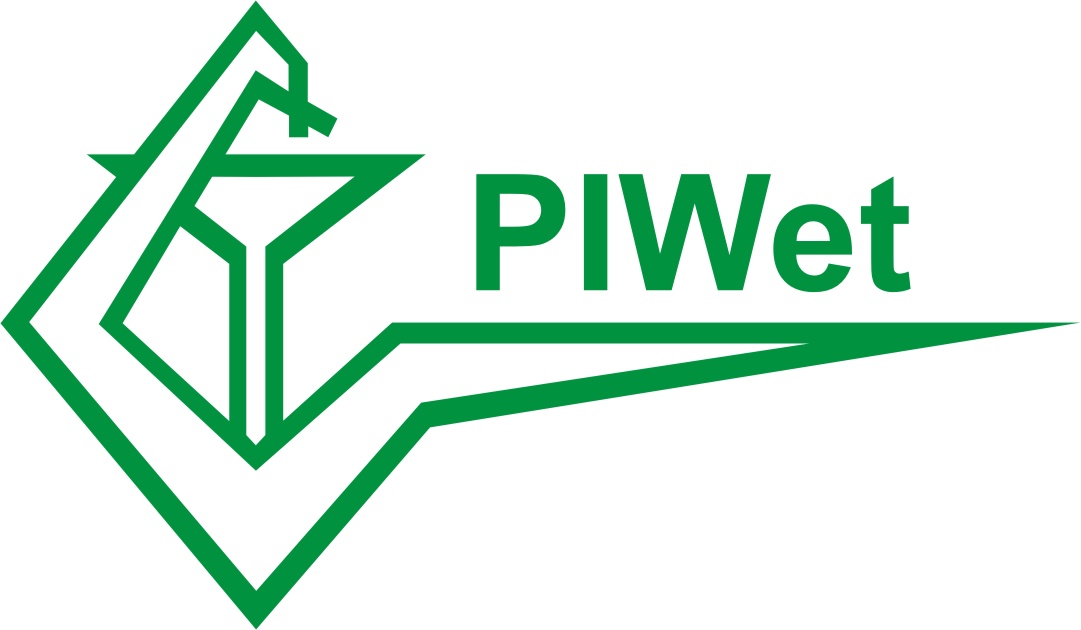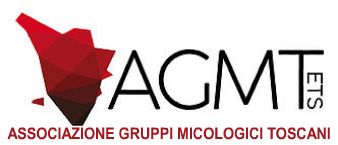(Italiano) Homepage2
FishLab
FishLab, a laboratory of the Department of Veterinary Sciences of the University of Pisa belonging to
the Food Inspection area, was established in 2012. The laboratory mainly deals with the safety and
traceability of fishery products. In particular, it is characterized by its scientific research activity and
by supporting companies of the fishery sector through the provision of analytical services. It is also
engaged in academic teaching and in scientific dissemination. Another important aspect is scientific
collaboration aimed at creating a network of partners at European and extra-EU level aiming at
improving the research quality within the sector.
The main activities carried out by the FishLab are:
What we do
NEWS
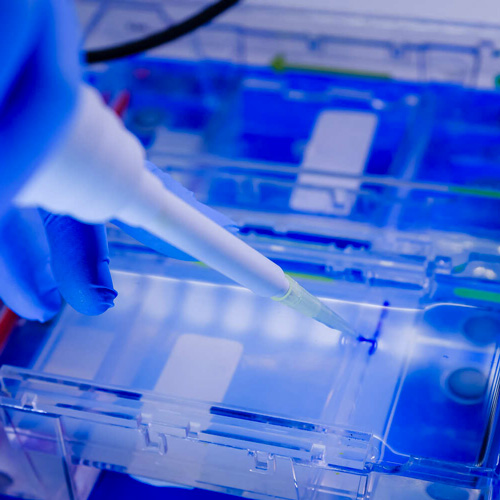
Research
Scientific research represents the first mission of the laboratory. It is mainly aimed at assessing the identity, quality, safety and sustainability of fishery products and at a constant update on the sector regulations. Through the active participation in projects financed by public and private bodies and by local companies, the laboratory also modulates the research lines on the basis of emerging problems. The results converge in the production of scientific publications, which guarantee their international visibility.

Scientific Collaboration
Collaboration with other research institutes is an essential aspect in order to raise the quality of scientific research. The laboratory aims to attract all those who are interested in the research topics it promotes. Students, undergraduate and graduate trainees, researchers and professors can carry out research activities in the framework of mobility periods (European and international) or of scientific projects. The laboratory also deals with the transfer of “know-how” through on-site training of personnel working in molecular laboratories for the identification of species.

University Teaching
IThe laboratory is essential for carrying out the practical activity necessary for the correct acquisition of skills by the students of the course “Inspection and control of products of animal origin and practical work in slaughterhouses” of the fourth year of the Veterinary Medicine Degree course. The laboratory also carries out activities aimed at the preparation of thesis, for both undergraduate and graduate (specialization) students. Finally, it welcomes students of different grades and levels for the practical internship.

Scientific Dissemination
The dissemination of scientific knowledge to society is fundamental for the transmission of knowledge, and represents one of the fundamental tasks of the University. The laboratory, through popular publications, television and radio interviews and participation in public events, aims to bring society closer to the research issues. In particular, it promotes an active dialogue on issues relating to food safety and traceability of fishery products.
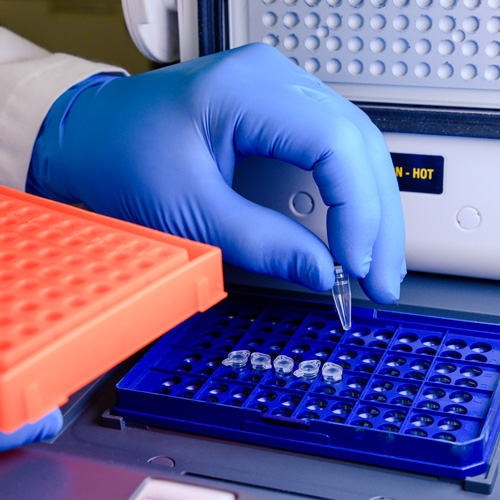
Services for companies
Thanks to the experience gained over the years, the laboratory is able to offer support to companies belonging to the fishery sector in relation to the identification of species through molecular characterization of the products before these are placed on the market, the verification of the information reported on the documents of accompaniment and of suppliers, the discrimination between fresh and thawed products and the search and identification of parasites. Services for companies are a fundamental element for the growth of the laboratory, which through dialogue with the territory is able to activate specific projects aimed at solving specific problems of the sector. Similar services can also be activated upon request for other public or private research institutes.
Chi Siamo

Andrea Armani
Associate Professor & FishLab Responsible, Dept. of Veterinary Sciences University of Pisa

Alessandra Guidi
Full professor, Dept. of Veterinary Sciences University of Pisa
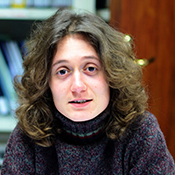
Lara Tinacci
Researcher, Dept. of Veterinary Sciences University of Pisa

Lisa Guardone
Postdoc, Dept. of Veterinary Sciences University of Pisa
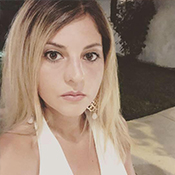
Alice Giusti
Visitor 2019/2020

Deyan Stratev
Department of Food Hygiene and Control, Veterinary Legislation Management, Faculty of Veterinary Medicine, Trakia University, Bulgaria
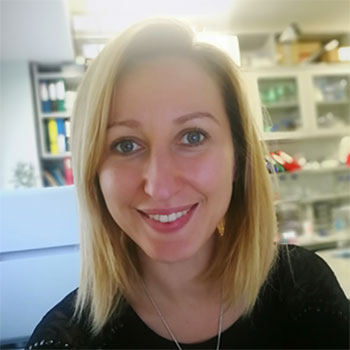
Ewa Bilska-Zajak
Department of Parasitology and Invasive Diseases, National Veterinary Research Institute in Pulawy, Poland

Jaime P.Castro
Faculty of Veterinary Medicine, Córdoba University, Spain
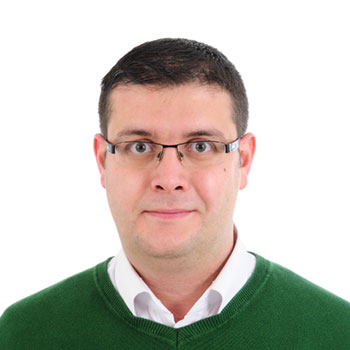
Ulaş Acaröz
Afyon Kocatepe University, Veterinary Faculty, Department of Food Hygiene and Technology, Turkey



 Italiano
Italiano